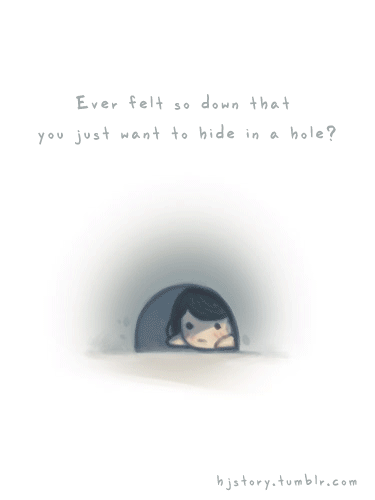Tuesday, 10 January 2012
Saturday, 7 January 2012
a penny for your thoughts?
a million things going through my mind. but none of them complete thoughts.
the human brain is a remarkable organ. it regulates our entire body's system, without it.. we couldn't survive. it is responsible for a variety of functions including receiving and processing sensory information, thinking, perceiving, producing and understanding language, and controlling motor function.
one thing i wish it could alleviate is memory of traumatic events.
in fact.. emotional events tend to be recalled with more frequency and clarity than memories not associated with extreme emotions. typically traumatic events, are interrelated with strong negative emotions, causing these memories to be very strong and more easily recalled than memories not associated with similar emotions, or even those connected to positive emotions. emotion's strong connection with memory also has to do with how much attention or focus an individual has on the event. If they are heavily emotionally involved in the event, a lot of their attention is directed at what’s happening, rendering it a stronger memory. It is also the case with emotionally aroused situations that even if attention is limited, it is more likely that a memory associated with the strong emotion will remain as opposed to some neutral stimulus. chemically, this is because the emotional and physical stress caused by traumatic events creates an almost identical stimulation in the brain to the physiological condition that heightens memory retention. it excites the neuron-chemical activity centers of the brain that affects memory encoding and recollection. this reaction has been enforced by evolution as learning from high-stress environments is necessary in "fight or flight" decisions that characterize human survival.
so.. what do you do.. do you stay and cope with the emotional stress and hopefully overcome it.. or do you flee.. and avoid the situation altogether and try to avoid feeling the hurt.
intrusive thoughts are defined as unwelcome, involuntary thoughts, images or unpleasant ideas that may become obsessions, are upsetting or distressing, and can be difficult to be free of and manage. people who have suffered from traumatic events, especially those with post-traumatic stress disorder, depression or obsessive-compulsive disorder, the thoughts are not as easy to ignore and can become troubling and severe. these thoughts are not typically acted on; the obsession of the thoughts usually comes from intense guilt, shame or anxiety relating to the fact that the person is having the thoughts to begin with so they are unlikely to actually act on things they feel so badly about. in trauma patients, the intrusive thoughts are typically memories from traumatic experiences that come at unexpected and unwanted times.
how do you cope?
the human brain is a remarkable organ. it regulates our entire body's system, without it.. we couldn't survive. it is responsible for a variety of functions including receiving and processing sensory information, thinking, perceiving, producing and understanding language, and controlling motor function.
one thing i wish it could alleviate is memory of traumatic events.
in fact.. emotional events tend to be recalled with more frequency and clarity than memories not associated with extreme emotions. typically traumatic events, are interrelated with strong negative emotions, causing these memories to be very strong and more easily recalled than memories not associated with similar emotions, or even those connected to positive emotions. emotion's strong connection with memory also has to do with how much attention or focus an individual has on the event. If they are heavily emotionally involved in the event, a lot of their attention is directed at what’s happening, rendering it a stronger memory. It is also the case with emotionally aroused situations that even if attention is limited, it is more likely that a memory associated with the strong emotion will remain as opposed to some neutral stimulus. chemically, this is because the emotional and physical stress caused by traumatic events creates an almost identical stimulation in the brain to the physiological condition that heightens memory retention. it excites the neuron-chemical activity centers of the brain that affects memory encoding and recollection. this reaction has been enforced by evolution as learning from high-stress environments is necessary in "fight or flight" decisions that characterize human survival.
so.. what do you do.. do you stay and cope with the emotional stress and hopefully overcome it.. or do you flee.. and avoid the situation altogether and try to avoid feeling the hurt.
intrusive thoughts are defined as unwelcome, involuntary thoughts, images or unpleasant ideas that may become obsessions, are upsetting or distressing, and can be difficult to be free of and manage. people who have suffered from traumatic events, especially those with post-traumatic stress disorder, depression or obsessive-compulsive disorder, the thoughts are not as easy to ignore and can become troubling and severe. these thoughts are not typically acted on; the obsession of the thoughts usually comes from intense guilt, shame or anxiety relating to the fact that the person is having the thoughts to begin with so they are unlikely to actually act on things they feel so badly about. in trauma patients, the intrusive thoughts are typically memories from traumatic experiences that come at unexpected and unwanted times.
how do you cope?
Subscribe to:
Comments (Atom)
